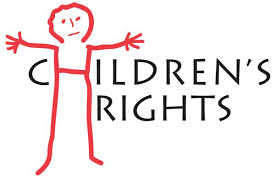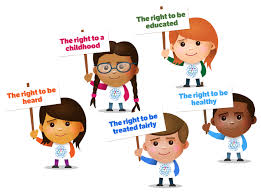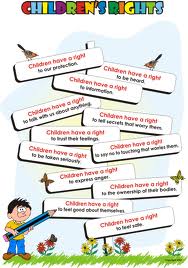DOES EATING BREAKFAST HELP YOUR PERFORMANCE IN SCHOOL?
Kids who fuel up in the morning with a breakfast high in carbohydrates and protein before heading off to school gain many benefits, both mental and physical; Evidence suggests that eating breakfast really does help kids learn. After fasting all night, a developing body (and brain) needs a fresh supply of glucose — or blood sugar. That’s the brain’s basic fuel.
These benefits not only last throughout the school day, but also can contribute to overall health and school performance over the long term. According to the Healthy Children website, about 8 to 12 percent of school-age children skip breakfast entirely, and among adolescents, this rate is even higher, reaching up to 30 percent.



Brain Benefits
Kids who eat breakfast have better concentration during school hours than kids who skip the morning meal. Eating breakfast every day can even improve your mental performance and math scores, children who eat breakfast also participate more in class discussions, are better able to handle complex problems in class and get better grades. In particular, a breakfast meal containing a balance of protein and complex carbohydrates boosts school performance for the remainder of the day.
Physical Benefits
One major physical benefit of breakfast that can help school performance is the increase in energy that comes from a morning dose of carbs and protein. Energy provided by breakfast carbs allows children to fully participate in physical activity at school, including physical education, or P.E. classes; recess; and extracurricular activities. Kids who eat breakfast are typically in better health overall as well. They are less prone to obesity and illness, leading to fewer sick days, which can cause kids to fall behind in schoolwork.
What are the Components of a Healthy Breakfast
For a breakfast to be healthy, it should include some nutritious components. High-sugar cereals and breakfast bars are more likely to induce a blood sugar crash later in the day than they are to boost performance in class. Instead, opt for whole grains such as oatmeal, whole wheat toast or whole-grain cereals to provide carbohydrates. Eggs can provide protein. Adding vegetables or fruit, including 100 percent fruit juices, can supply vital nutrients. High-calcium foods such as milk or yogurt also boost school performance.










































